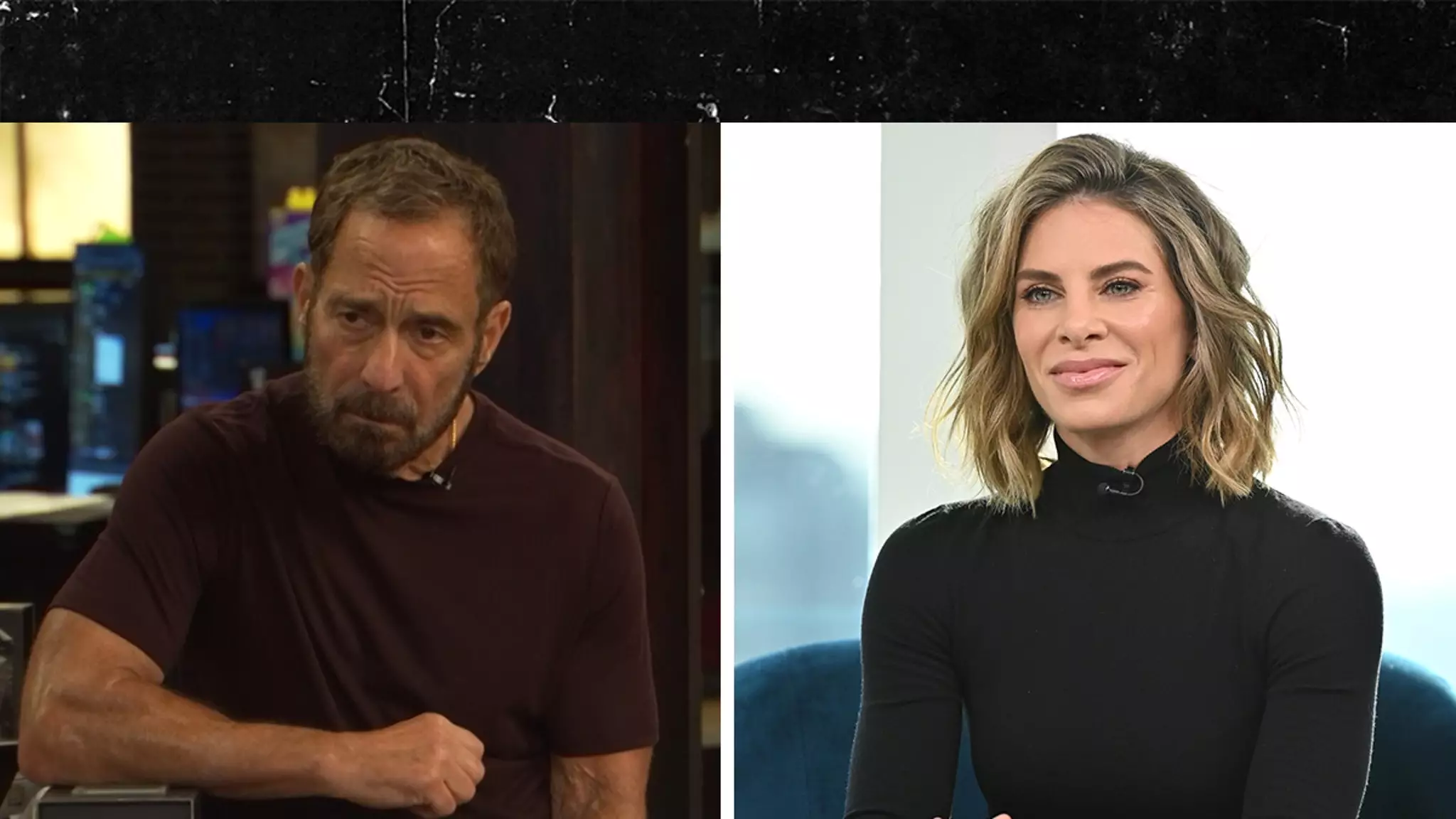In a landscape saturated with sensationalized media, the Netflix documentary on “The Biggest Loser” franchise emerges as a glaring example of misinformation and personal bias. Jillian Michaels, a prominent figure in the franchise and a vocal critic of the film, unequivocally denounces its portrayal of her and the broader narrative it constructs. Her critique is not just about minor inaccuracies; it is a vehement rejection of what she perceives as a calculated effort by the filmmakers to tarnish her reputation and the integrity of her work. Michaels boldly claims that the documentary is riddled with lies, from outright fabrications about her professional relationships to inflammatory allegations about illegal behavior. Her insistence on having concrete evidence, including hundreds of emails disputing Dr. Robert Huizenga’s unsubstantiated claims, reveals her determination to set the record straight and challenge the credibility of the producers and involved NBC executives.
The film’s depiction of her role and motives is especially problematic, as Michaels points out distortions about her intervention to protect contestants’ health. She counters claims that she was complicit in dangerous medication practices, asserting that she frequently stepped in to prevent contestants from harm—particularly, avoiding them being taken off their medications abruptly. Her strong denial regarding the rumor that she secretly administered pills to any contestant, including Rachel Frederickson, underscores her stance that the documentary is not just inaccurate but maliciously biased. Michaels stresses the shifting narratives around substances like caffeine, which the documentary claims were banned but, according to her, were never prohibited on set, further casting doubt on the film’s credibility.
Unraveling the Conspiracy: Personal Attacks and Industry Politics
Bigger than just a personal dispute, Michaels believes there exists a longstanding vendetta orchestrated by entities within the television industry—particularly NBC and individuals associated with the “Biggest Loser” production. Her accusation that NBC sources falsely implicated her in giving contestants illegal substances, leading to a hospital scare, highlights a pattern of malicious misinformation that she attributes to top-level production members. She references a conversation with Maria Menounos, who confirmed that these allegations were fabricated and investigated thoroughly, revealing the absence of any genuine basis for the accusations.
Furthermore, Michaels implicates Brandon Riegg— a producer involved with the documentary— as part of this alleged conspiracy. Her accusation that Riegg’s involvement in the project signifies ongoing attempts to discredit her reveals her suspicion of entrenched industry politics that favor silence, manipulation, and character assassinations over truth. Michaels’ decision to potentially release her receipts and pursue legal action demonstrates her fierce resolve to defend her integrity and challenge those she perceives as villainous behind the scenes.
Conflict, Avoidance, and the Road to Justice
Michaels openly discusses her complicated relationship with the franchise, her reasons for abstaining from participation in the documentary, and her frustration with Netflix’s dismissive attitude toward her legal counsel’s fact-checking efforts. She expresses a rare combination of exhaustion and defiance—acknowledging the financial and emotional toll of fighting against a seemingly powerful industry campaign designed to smear her reputation. Despite her reservations about litigation, she leaves the door open, indicating that her team is prepared to take legal action to unearth the truth and hold those accountable.
Throughout her interview, Michaels makes it clear that her battle isn’t solely about vindication but about exposing a pattern of industry bias and misinformation. Her unwavering stance serves as a call to scrutinize the narratives we often accept at face value—especially when they come from powerful corporate entities wielding influence over public perception. This saga reveals not just a personal vendetta but a larger commentary on accountability, the integrity of documentary journalism, and the resilience of those fighting for their reputation amidst relentless attack.

